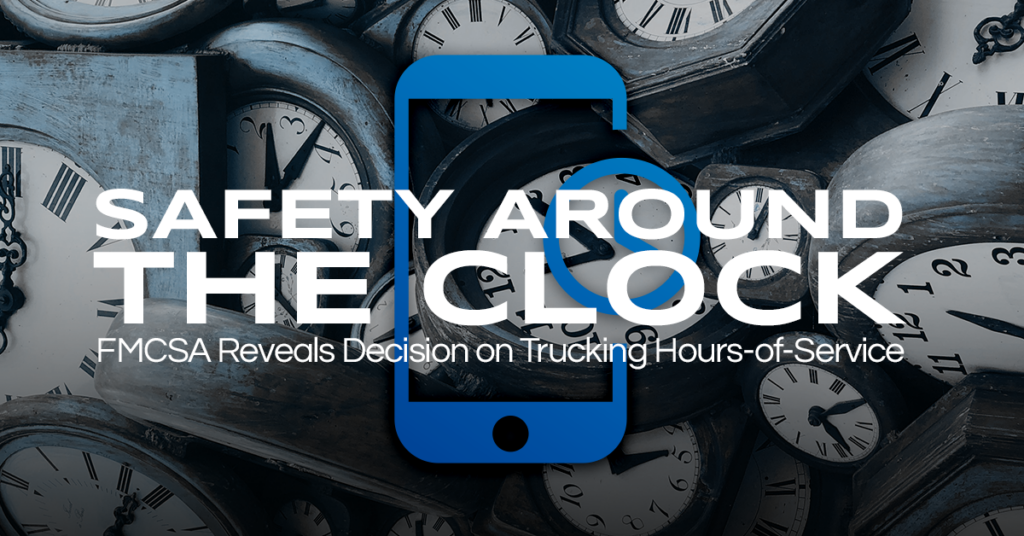
Defending Hours-of-Service Regulations
In a notable move, the Federal Motor Carrier Safety Administration (FMCSA) has denied truck driver John Olier’s individual request for an exemption from hours-of-service regulations. Scheduled to be published in the Federal Register, this decision underlines the FMCSA’s commitment to its established rules. Olier had argued that his safe operation under previous COVID-19 emergency declarations and other hours-of-service exemptions justified his request.
The Plea for Personal Exemption
Olier’s request hinged on his experience under the COVID-19 emergency declaration and other exemptions. He argued that these conditions allowed him greater control over his schedule, resulting in improved safety and personal health. Citing the relief from stress and improved overall health, Olier petitioned for permanent exemption from the 11-, 14-, and 70-hour rules, as well as mandatory break periods.
The Case for Waiver
Between March 2020 and October 2022, numerous truck drivers were permitted to operate under a federal COVID-19 emergency declaration. This allowed essential goods to be transported across the country without strict adherence to hours-of-service regulations. FMCSA data highlighted that only two crashes involved truck drivers operating under the waiver, suggesting a negligible impact on road safety.
Public Reaction to the Request
Public response to Olier’s request was diverse. Of the 113 comments received by FMCSA, 83 were supportive. Some comments focused on abolishing or relaxing hours-of-service rules entirely. On the other hand, 17 commenters, including the Truck Safety Coalition, opposed the exemption, arguing it was inadequately justified.
FMCSA Stands Firm
Despite the arguments presented, FMCSA denied Olier’s request, emphasizing that he failed to demonstrate an equivalent level of safety would be maintained. In their statement, the FMCSA highlighted their commitment to keeping fatigued drivers off public roadways and reducing crash risks, driven by research that links long work hours with reduced sleep, impaired driver health, and increased crash risks.
Implications for the Logistics and Industrial Staffing Industry
From a logistics and industrial staffing perspective, FMCSA’s decision sends a strong message about the importance of adhering to hours-of-service regulations. As a sector deeply intertwined with road safety, the importance of such regulations and their direct impact on the industry cannot be overstated. They not only ensure the health and safety of the drivers but also contribute to efficient and secure logistics operations.
The Road Ahead
Ultimately, FMCSA’s decision underscores the delicate balance between flexibility and safety. While personal exemptions might seem beneficial in isolated cases, they risk undermining comprehensive safety measures designed to protect everyone on the roads. As the logistics and industrial staffing industry navigates the post-COVID-19 era, adhering to established safety regulations will remain paramount.
Before You Hit the Road…
If you made it to this part of the article, we’d just like to take a moment to thank you for taking the time to read this weekly recap. Be safe out there and as always, If you’re in search of CDL A, B, or warehouse positions, check out our open positions. And if you need staffing solutions for commercial driving or industrial positions, be sure to explore our offerings.



